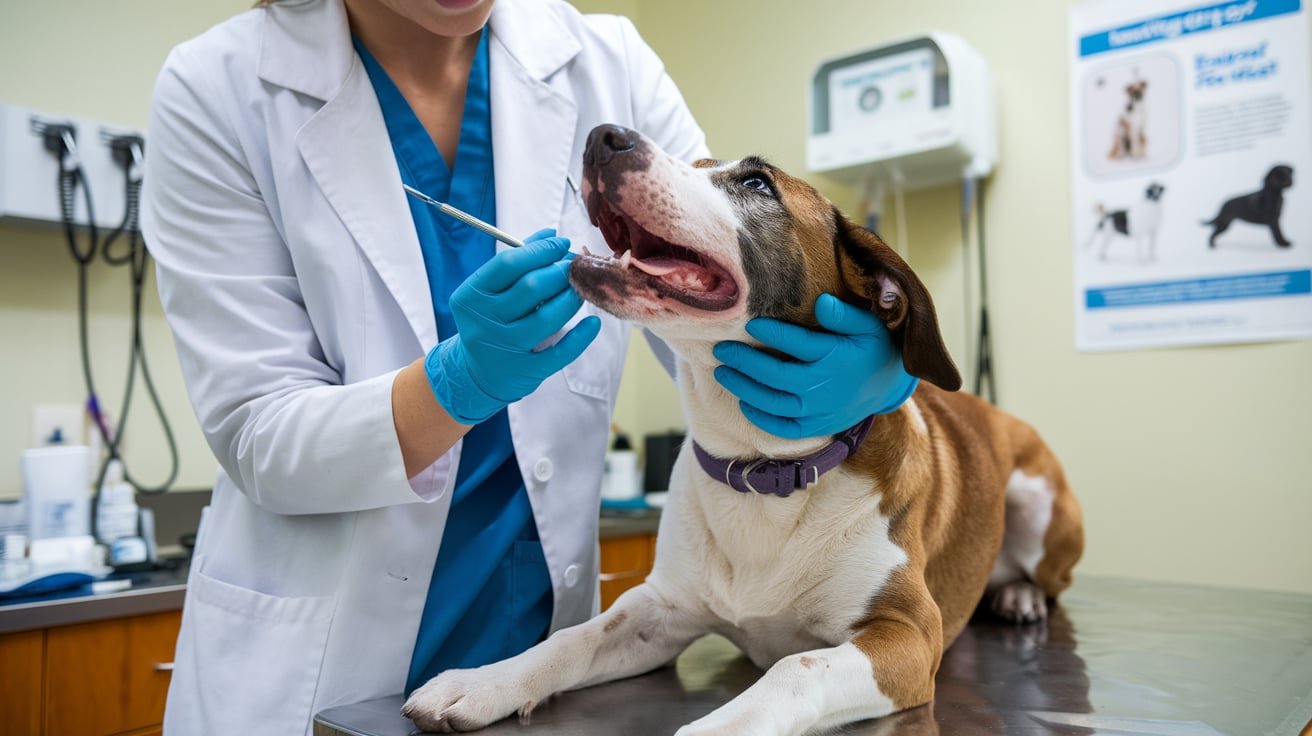Owning a dog is a rewarding experience, filled with love and companionship. But with all the joy that comes with being a dog parent, there are also responsibilities—especially when it comes to your dog’s health. Just like humans, dogs can get sick or injured, and sometimes those medical costs can be overwhelming. This is where health insurance for dogs can make a big difference.
In the UK, more and more pet owners are recognizing the importance of health insurance for their dogs. In this guide, we’ll explore why it’s important, what it covers, how to choose the best plan, and much more. By the end of this article, you’ll have a comprehensive understanding of dog health insurance and why it could be one of the best decisions you make for your furry friend.
What is Health Insurance for Dogs?
Health insurance for dogs is a type of insurance policy that helps cover the costs of veterinary treatment if your dog falls ill or gets injured. It typically covers:
- Accident-related injuries (e.g., broken bones, cuts)
- Illnesses (e.g., infections, cancer, kidney disease)
- Routine care (sometimes, depending on the policy)
- Surgery and hospitalisation
- Emergency care
- Medications
By having this insurance, you can avoid financial strain when your dog requires expensive treatments, which can be common for certain breeds or as dogs age.
A Personal Anecdote
Take Sarah, for example. She adopted a rescue dog, Max, a playful Labrador who quickly became part of the family. A few months later, Max became ill and needed an emergency surgery that cost over £2,000. Luckily, Sarah had health insurance for dogs, and her policy covered the majority of the cost, leaving her with just a small deductible to pay. Without the insurance, Sarah might have had to make difficult decisions. Max is now happy and healthy, and Sarah knows that she made the right choice in getting insurance for him.
Why Should You Get Health Insurance for Your Dog?
Many dog owners wonder whether dog health insurance is really necessary. After all, is it worth the monthly premiums? Let’s look at why having insurance can be an absolute lifesaver for both you and your dog.
- Unexpected Veterinary Costs: Veterinary bills can add up quickly, especially if your dog experiences an accident or a sudden illness. Treatments, surgeries, and medications can cost hundreds to thousands of pounds. Without insurance, you may have to pay these bills out of pocket.
- Peace of Mind: Knowing that you’re financially prepared for emergencies allows you to focus on your dog’s recovery, not your bank balance. If your dog is sick or injured, the last thing you want to worry about is how to afford treatment.
- Comprehensive Coverage: Many dog health insurance plans cover a wide range of treatments, including diagnostic tests, surgery, hospitalization, and even emergency care. Some plans also offer wellness coverage, which can help with routine care such as vaccinations and flea treatments.
- Long-Term Health Benefits: As dogs get older, they’re more likely to experience health problems. Having insurance can help manage the cost of chronic conditions like arthritis or diabetes, making it easier to provide the care your dog needs throughout their life.
Types of Health Insurance for Dogs
There are several types of health insurance for dogs available, and each one offers different levels of coverage. Here’s a breakdown of the most common types:
1. Accident-Only Coverage
This is the most basic form of pet insurance. It covers unexpected accidents, such as broken bones or injuries from traffic accidents, but does not cover illnesses or routine care. This is ideal for young, healthy dogs who are less likely to develop illnesses.
2. Time-Limited Coverage
With health insurance for dogs, your dog is covered for a specific amount of time (usually 12 months) for each illness or injury. After that, the condition will no longer be covered. This can be a good option if you’re looking for basic protection at a lower cost.
3. Lifetime Coverage
Health insurance for dogs with lifetime coverage is the most comprehensive and expensive option. It covers all illnesses and accidents, and once your dog is diagnosed with a condition, it will be covered for the rest of their life (as long as the policy is renewed annually). This is a great choice for older dogs or breeds prone to specific health issues.
4. Maximum Benefit Coverage
This health insurance for dogs policy covers an illness or injury up to a certain amount of money. Once that limit is reached, the coverage for that condition will end. However, if your dog develops a different issue, that can be covered up to the maximum benefit amount.
5. Per Condition Coverage
This plan allows you to claim a set amount per condition. For example, if your dog has arthritis, the insurance will pay up to a specified amount for treatment related to that condition.
How to Choose the Right Health Insurance for Your Dog
Selecting the right dog health insurance plan can be overwhelming, but with the right information, you can make an informed decision. Here’s a step-by-step guide to help you choose the best policy for your dog:
- Assess Your Dog’s Needs
Consider your dog’s breed, age, and health condition. Some breeds are prone to certain health issues, which might require more extensive coverage. Older dogs or dogs with chronic conditions may benefit from a lifetime policy. - Compare Different Providers
Not all insurance companies offer the same coverage or prices, so it’s essential to shop around. Look at the different policies offered by various insurers, and compare premiums, excess fees, and the level of coverage. - Check the Policy Details
Make sure you understand what’s covered and what’s not. Some policies may have exclusions, such as hereditary conditions or pre-existing health problems. Review the fine print to avoid surprises later. - Look for Flexible Plans
Some insurers offer add-ons for wellness care, such as vaccinations, neutering, or flea treatments. If you’re looking for comprehensive care, consider adding these extras to your plan. - Check the Claims Process
A simple, transparent claims process can make a big difference when you need it most. Look for insurers with good reputations for customer service and efficient claims handling.
How Much Does Health Insurance for Dogs Cost?
The cost of health insurance for dogs can vary depending on several factors:
- Dog’s Age: Puppies generally cost less to insure than older dogs.
- Breed: Some breeds are more prone to specific health conditions and may cost more to insure.
- Level of Coverage: More comprehensive plans with higher coverage limits tend to be more expensive.
- Excess Fees: Like human health insurance, some dog insurance policies come with an excess fee, which is the amount you pay out-of-pocket before the insurance kicks in.
On average, you can expect to pay anywhere from £15 to £60 per month for dog insurance in the UK. However, costs can be higher for older dogs or more expensive breeds.
Final Thoughts: Is Health Insurance for Dogs Worth It?
While the upfront cost of dog health insurance might seem like an extra expense, the benefits far outweigh the risks. Whether you’re protecting against unexpected accidents, managing chronic conditions, or ensuring your dog’s health into their senior years, insurance gives you peace of mind and financial security.
By investing in dog health insurance, you’re not just protecting your pet from illness or injury, you’re ensuring that you can give them the best possible care throughout their life. Don’t wait until an emergency strikes—consider getting health insurance for dogs today.
Does this guide help you make the best decision for your dog’s health and well-being? If you’re ready to take the next step, check out Pet Insurance UK for more information and to get a quote.



